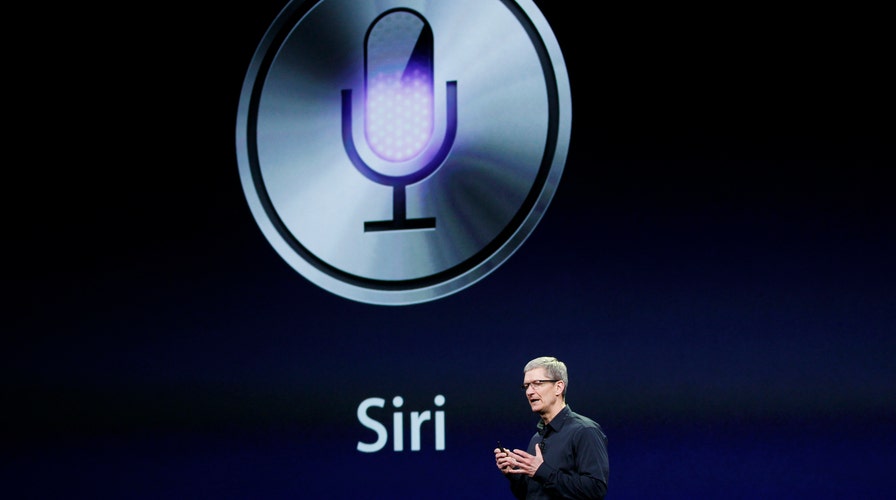Fox News Flash top headlines for May 20
Fox News Flash top headlines are here. Check out what's clicking on Foxnews.com.
A former Apple contractor who acted as a whistleblower regarding the tech giant's program to listen in on users' Siri recordings has gone public.
In a letter announcing his decision, which The Guardian reports was sent to European data regulators, Thomas le Bonniec said: “It is worrying that Apple (and undoubtedly not just Apple) keeps ignoring and violating fundamental rights and continues their massive collection of data."
“I am extremely concerned that big tech companies are basically wiretapping entire populations despite European citizens being told the EU has one of the strongest data protection laws in the world. Passing a law is not good enough: it needs to be enforced upon privacy offenders," he said.
Le Bonniec was employed as a subcontractor for Apple in its Cork offices, transcribing user requests in English and French, until he quit in the summer of 2019 over his concerns about the work he was doing.
RUSSIA ASKS GOOGLE TO BLOCK ARTICLE QUESTIONING COVID-19 DEATH TOLL

A former Apple contractor is going public regarding the lack of consequences faced by the company over privacy controversies. (Reuters)
FRANCE SHOULD SELL MONA LISA TO COVER ECONOMIC DAMAGE FROM COVID-19, TECH CEO SUGGESTS
"We realize haven't been fully living up to our high ideals, and for that we apologize," Apple conceded in August of last year.
Two months later, Apple released a software update that allowed users to opt in or out of their voice recordings being used to “improve Siri dictation,” and to choose to delete the recordings that it had stored. The Cupertino, Calif., company also emphasized that, unlike its competition, Siri recordings are never linked to a specific Apple account.
However, the former Apple subcontractor believes the Silicon Valley mainstay has not faced consequences for its behavior.
“I listened to hundreds of recordings every day, from various Apple devices (eg. iPhones, Apple Watches, or iPads). These recordings were often taken outside of any activation of Siri, e.g. in the context of an actual intention from the user to activate it for a request. These processings were made without users being aware of it, and were gathered into datasets to correct the transcription of the recording made by the device,” he said.
The Associated Press contributed to this report.

